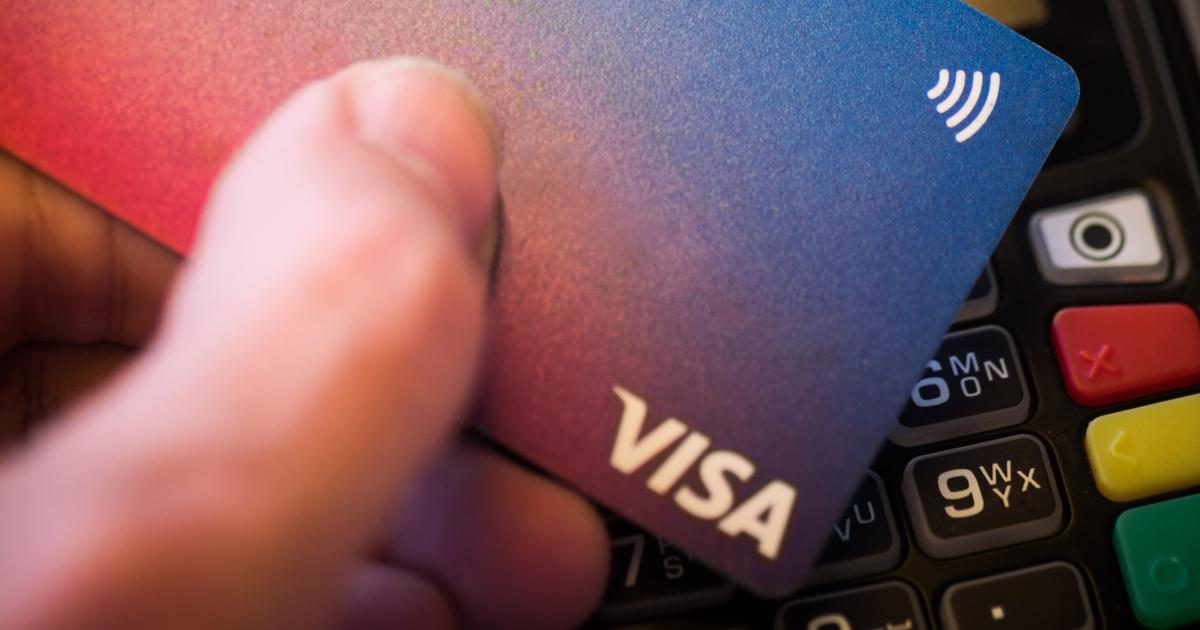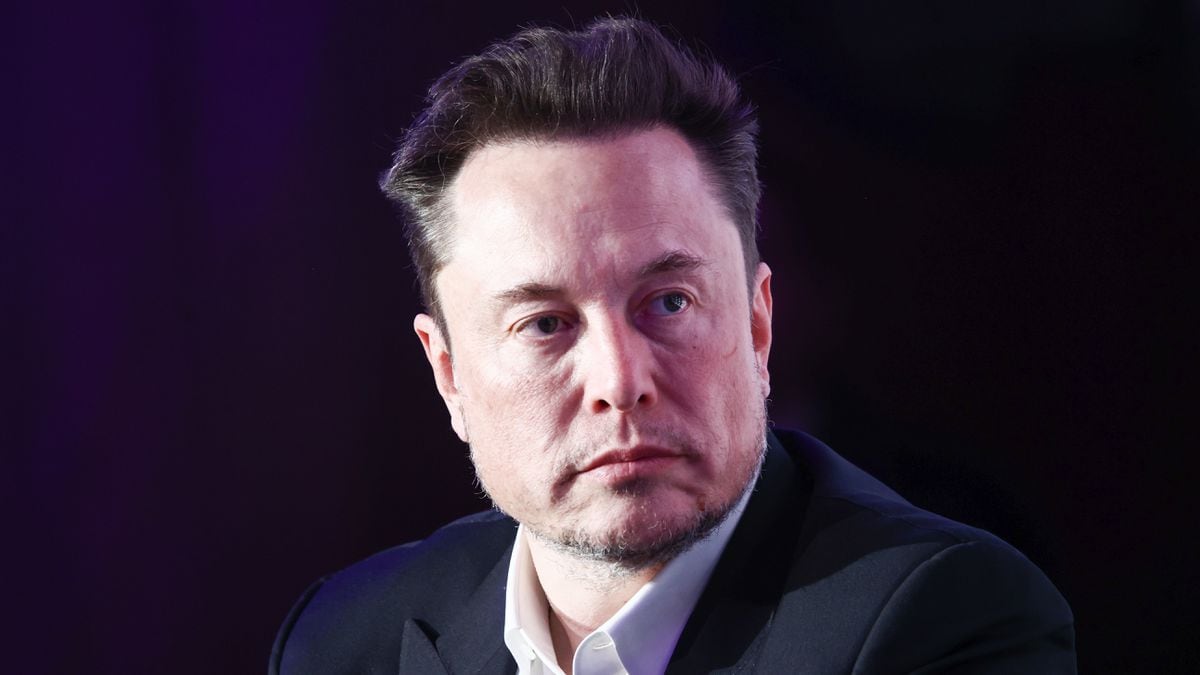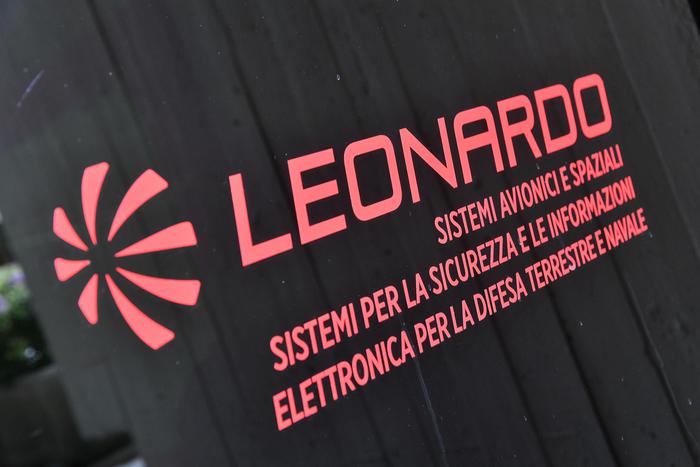Visa is one of the major players in the world of digital payments. A position that forces you to always be alert to the possible emergence of new competition or risks such as fraud. On this second aspect turns the key vault that sustains your business: the trust of users. Charlotte Hogg, Visa's managing director in Europe, stresses the importance of a global strategy against payment fraud as the Old Continent battles with Meta to restrict the use of European customer data in other regions. "Payment security needs global data," he says.
The war against fraud focuses much of Visa's efforts, as explained by the head for Europe in an interview with EL PAÍS. In fact, the firm has invested 9,000 million euros in the last five years to improve cybersecurity. "And we must continue to do so, because our reputation is built on this commitment to being a safe space," Hogg says. The challenge is great, although the results are remarkable: they are successful in 99.999% of transactions.
However, this dispute is sometimes hampered by regulatory changes, which are usually stricter on this side of the Atlantic. In Brussels, the debate on the use of data is alive, key for Visa to better combat crime. "If we only had the data of one country or even 27 countries to be able to predict it, the fraud rates would be higher," explains the directive, a graduate in Economics and History from the University of Oxford. "You can't just use attacks in Europe to protect Europe. You need everyone's people."
Hogg has extensive experience in financial services and has gone through the most select British educational centers (the aforementioned Oxford or Saint Mary's Ascot). She joined Visa in 2017 after working at the Bank of England, where she was chief operating officer. She also led retail distribution at Banco Santander in the UK, was managing director of strategy and planning at Morgan Stanley and management consultant at McKinsey & Company, among others. He has tables and a background that is glimpsed in the authority he transmits.
A key debate
Therefore, he is able to enter without hesitation into a key debate for the Union: "Being able to use all our transactions and decide in a millisecond whether an operation should happen or not and what the fraud rate is is what we contribute. Sometimes I think the debate about payment networks and their role in Europe overlooks this point." These words come shortly after knowing the historic fine to Meta of the Irish data regulator, where Mark Zuckerberg's company is based in Europe: 1,200 million euros for the lack of security guarantees for European citizens in the transfer of their data to the US. Visa does not trade in customer data, Although, if regulatory changes occur, it may restrict the room for maneuver of this type of firms.
The fight against internet fraud and the use of data is not new. The world is increasingly digital, as are payments, and those debates that were delayed can no longer be extended. Before it was important, now it is also urgent. Never before has so much data been generated as now, with the digitalization of the economy at an unprecedented pace since the pandemic. And in payments, for example, Visa alone has more than 4.200 billion cards and processes 70,000 transactions per second.
"We live in an increasingly digital and mobile world, although there is still a lot of room to grow. Before, people could buy and sell in their city, but now with digital payments they can go much further, "argues Hogg, referring to the lever that technology represents for companies of all sizes. In fact, the company places special emphasis on SMEs, which it tries to accompany in this transformation.
As defined by the head of Visa for Europe, change has arrived and we are immersed in the era of invisible payments. This has meant a paradigm shift: before, the key moment, the one in which users decided, was when they took out their wallet. "However, digital now allows many of those payment decisions to be made before the transaction." For example, when taking a taxi, in many cases the payment is made automatically by a mobile application.
This change has aroused suspicion in a part of society and the financial sector, especially in those companies that live from the use of cash. A war to see who has the supremacy and, above all, so that the advance of the digital does not end with physical money. For Hogg, there is no debate: they must coexist. "Almost all the forms of payment that have been invented still exist, we must not reduce it to a single one. I don't think the cash is running out, that's not my goal."
One of the attacks being made against Visa and Mastercard is that they have become a bigger giant than banking by controlling almost the entire market. Visa earned in its first fiscal half 8,436 million dollars (almost 7,900 million euros), 11% more. And in market capitalization it exceeds 450,000 million dollars, more than 50,000 million above JPMorgan, for example. Despite this, Hogg believes that this is due to a service that does not stop improving. And, in the comparison with the use of cash, he abounds in that the important thing is how they solve the needs of the users: "You have to know the experience that the client wants, because nobody wakes up in the morning thinking: 'I'm going to make a transfer or I'm going to make a check'. They think, 'I'm going to take the bus, pay for a coffee or buy a vacation.'
On the dispute with physical money, part of the debts that are put to digital ones is the financial exclusion that it entails. Cash is essential for the elderly, who are not familiar with the use of technology. Although Visa believes that to achieve inclusion it is equally important to give them access to digital payments: "The world is increasingly digital and the question is how to use these means to include everyone," ditches the head of the firm for Europe.
Follow all the information of Economy and Business on Facebook and Twitter, or in our weekly newsletter

/cloudfront-eu-central-1.images.arcpublishing.com/prisa/HJZY2BIZNBCYZBAM7JFH5GEWDE.jpg)







